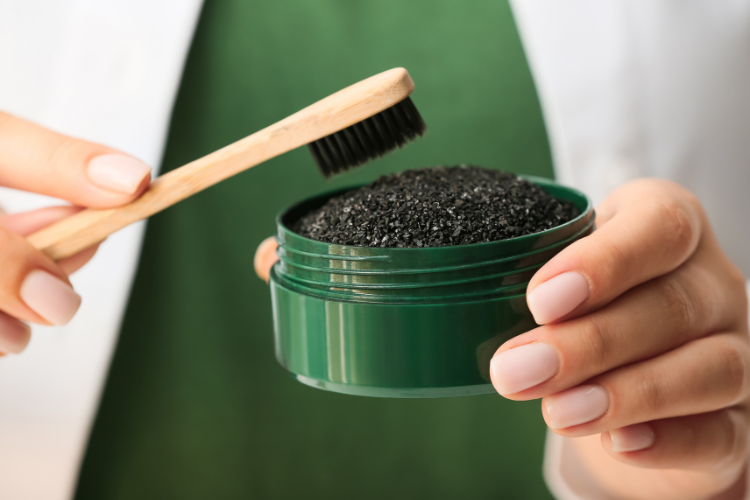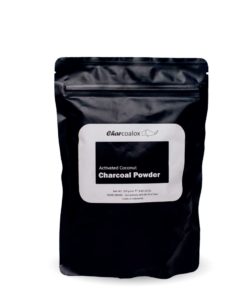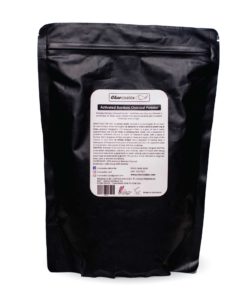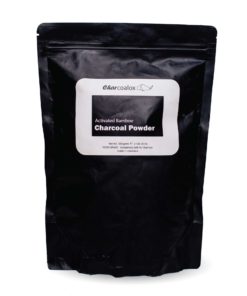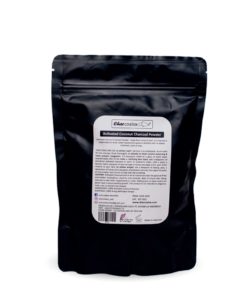Blog
The 16 Uses & Benefits Of Charcoal
Understanding The Different Types Of Charcoal
1. Activated Charcoal
2. Binchotan Charcoal
3. Charcoal Briquettes
Benefits of Charcoal
Charcoal, especially activated charcoal, offers a range of benefits, spanning from health and wellness to various practical applications. Here’s an extensive list covering the diverse advantages of charcoal.
Health Benefits
1. Detoxification
Activated charcoal shines as a detoxification agent. Its absorbent nature allows it to trap toxins and chemicals in the gut, preventing their absorption into the body.
2. Digestive Health
It may alleviate gas, bloating, and mild digestive discomfort by trapping unwanted substances in the digestive tract.
3. Kidney Health
Charcoal can assist in filtering out undigested toxins and waste products from the kidneys, supporting overall kidney function.
4. Emergency Toxin Removal
Often used in emergency rooms, activated charcoal can absorb certain toxins in cases of poisoning or drug overdose. It can also be safely used on pets.
5. Reducing Cholesterol Levels
Some studies suggest that charcoal may help lower cholesterol levels by binding to cholesterol and preventing its absorption in the gut.
Skin Care Benefits
In recent times, charcoal has become a superstar in skincare. Its ability to draw out impurities from the skin makes it a key ingredient in face masks, cleansers, and exfoliators. It’s fantastic for deep cleansing and managing oily skin.
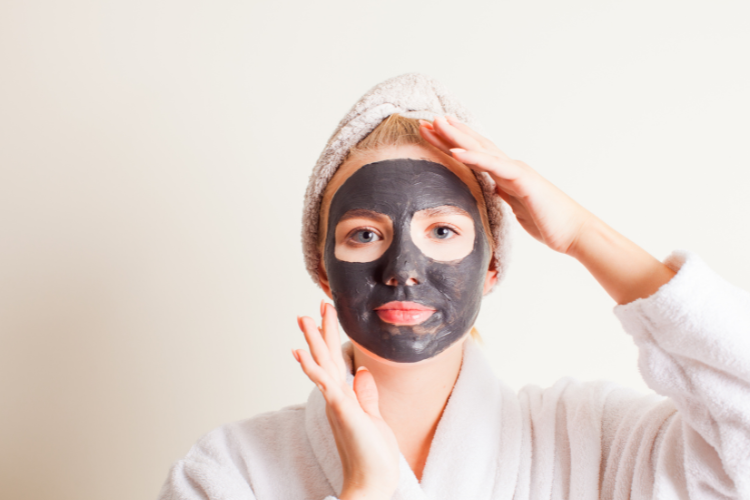
RECIPE FOR DEEP SKIN CLEANSING
Ingredients: Activated charcoal powder
- Prepare the Mask: Mix activated charcoal powder with a small amount of water or a suitable liquid (such as rose water or aloe vera gel) to form a paste.
-
Cleanse Your Face: Start with a clean face. Gently wash your face with a mild cleanser to remove any makeup, dirt, or oil.
-
Apply the Mask: Using clean fingertips or a brush, apply an even layer of the charcoal mask to your face, avoiding the sensitive eye area and lips. Ensure the layer isn’t too thick, as a thinner layer will dry more evenly.
-
Let it Dry: Allow the mask to dry completely. This usually takes around 10-15 minutes, but it may vary depending on the product used. As the mask dries, you might feel a tightening sensation on your skin.
-
Rinse Off: Once the mask is fully dry, gently rinse it off with lukewarm water. Use a soft washcloth or your hands to gently massage and remove the mask. Pat your skin dry with a clean towel.
-
Moisturize: Follow up with a lightweight, non-comedogenic moisturizer to hydrate and nourish your skin after cleansing.
6. Deep Cleansing
Charcoal’s ability to draw out impurities makes it effective for deep cleansing of the skin.
7. Oil Control
It helps manage oily skin by removing excess oil and preventing clogged pores.
8. Acne Treatment
Charcoal-based products can aid in treating acne by clearing pores and reducing inflammation.
9. Exfoliation
Charcoal gently exfoliates the skin, removing dead skin cells and promoting a smoother complexion.
Oral Health
10. Teeth Whitening
Charcoal-based toothpaste and mouthwashes are known for their ability to remove stains and brighten teeth.
11. Fresh Breath
Charcoal-based oral care products help combat bad breath by eliminating bacteria in the mouth.
Water Purification
12. Removes Impurities
Charcoal, especially Binchotan charcoal, is used in water filters to remove impurities, chemicals, and odors, resulting in cleaner and better-tasting water.
13. Natural Filtration
It acts as a natural filtration agent, eliminating bacteria, chlorine, and other contaminants from water.
Miscellaneous Uses and Benefits
14. Deodorization
Charcoal effectively absorbs odors, making it an excellent natural deodorizer for various spaces, including refrigerators and shoes.
15. Gardening
It can be used as a soil amendment to improve soil quality and absorb excess moisture.
16. Compost Addition
Charcoal can aid in the composting process by absorbing odors and balancing moisture levels.
How to Use Charcoal for Health Benefits
- Orally: Consuming activated charcoal in capsule or powder form as directed by a healthcare professional can aid in detoxification and digestive health.
- Topically: Skincare products like masks and cleansers containing charcoal can be applied to draw out impurities from the skin.
- Oral Hygiene: Use charcoal-infused toothpaste or mouthwash as part of your daily oral care routine.
- Water Filtration: Drop a piece of Binchotan charcoal in a water pitcher to purify and enhance water quality.
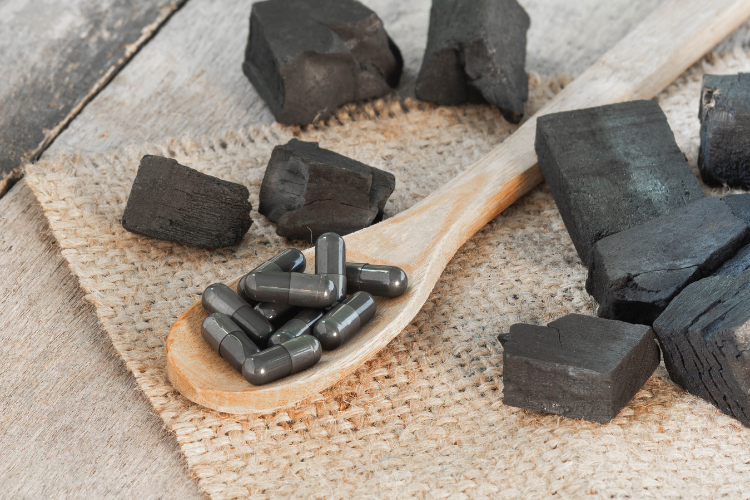

 Indonesia
Indonesia
